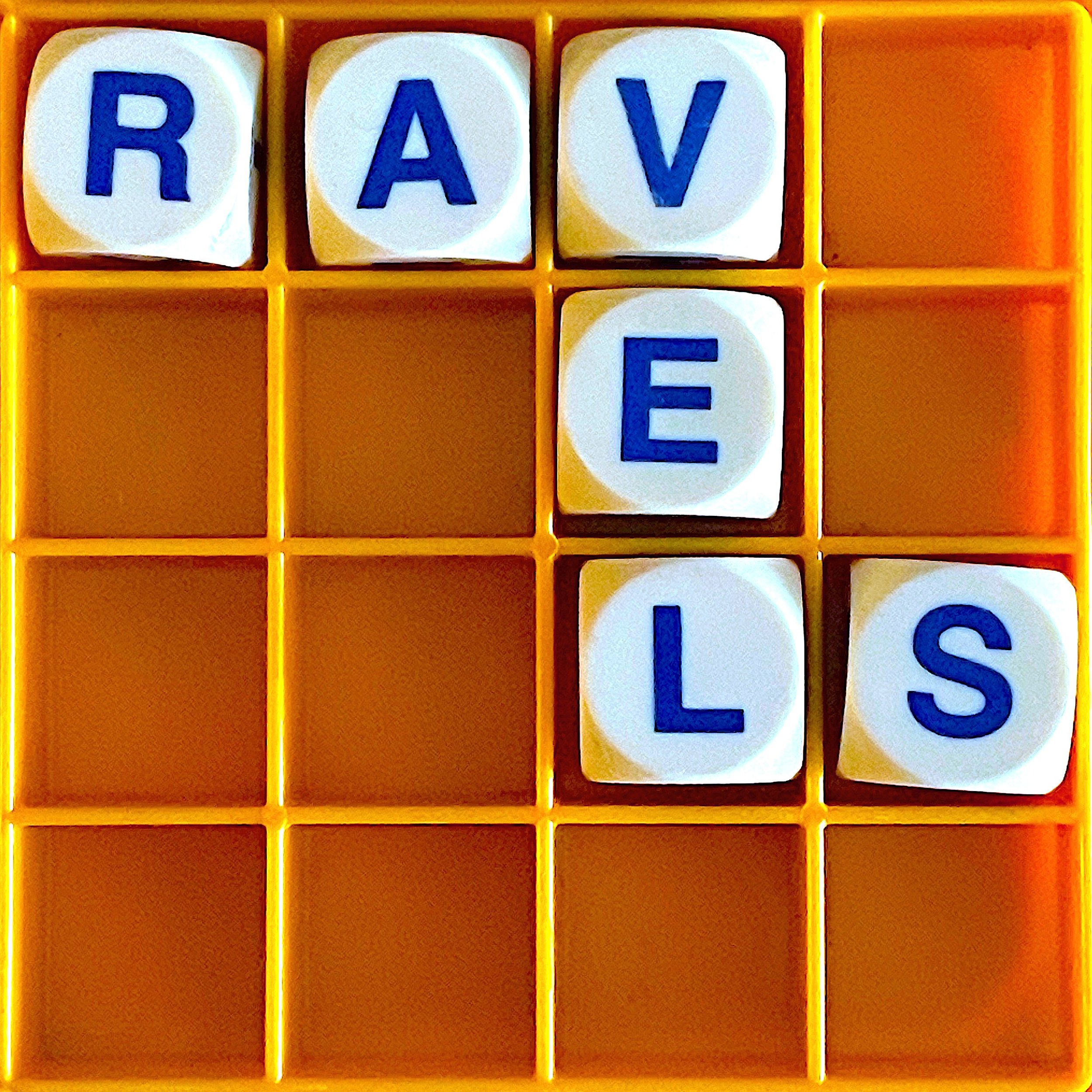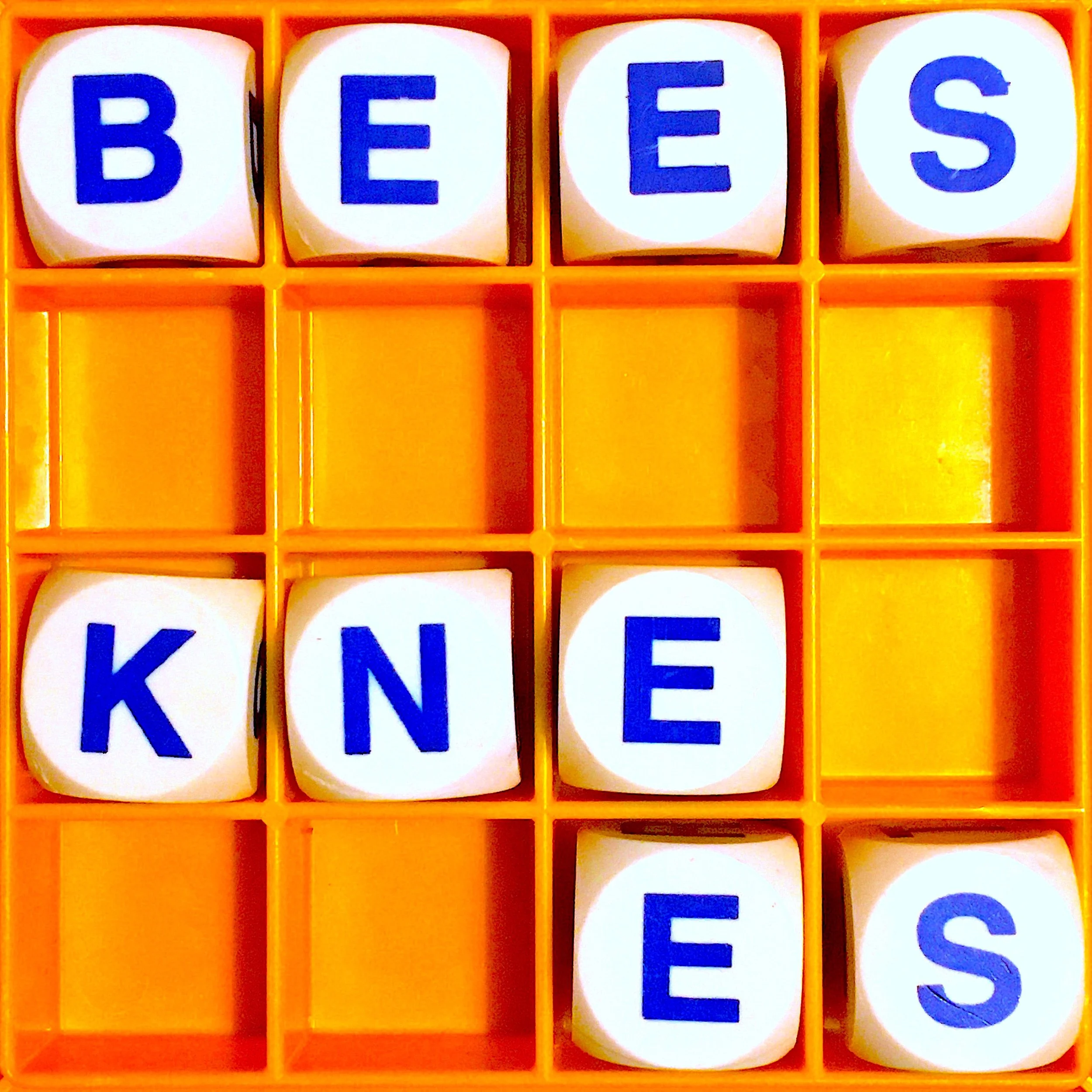GWEE LI SUI: We have not yet known what it's capable of. Singlish is one of those things the potential of which we're yet to tap in properly. There can be so many things you can do with it.
Read moreAllusionist 186 Ravels transcript
MIRIAM FELTON: No; I think, as with most of these things, they're just named after people. The people themselves don't really have much association with it. Like the Earl of Cardigan didn't ever wear a cardigan as far as we know.
HZ: What? What?? I assumed that he was out there on the battlefields in a cardigan.
MIRIAM FELTON: Like a nice fair isle one with all the stranded colour work? That would have been awesome.
HZ: Just some kind of frontally divided knitted garment. But no?
MIRIAM FELTON: No.
HZ: What?!
MIRIAM FELTON: Not as far as we have any evidence.
Allusionist 160 Coward transcript
TIM CLARE: Calling someone a coward historically has often been a social lever used by the state to shame them for not doing something the state wants them to do - often walk into machine gunfire. Which, to me, doesn't seem like an act of cowardice to not want to do that.
Read moreAllusionist 159 Bufflusionist transcript
HZ: ‘Vampyre’ with a Y was pretty interchangeable with ‘vampire’ with an I when it first landed in English. Actually, I think the first appearance in English was with a Y. We probably got it from French or German, but it was based on - it’s a little unclear, but it was based on Hungarian, possibly, or Slavic languages. And it was because, at the time, they were doing a lot of coverage of the Serbian vampire epidemic of 1725 to 1732.
JENNY OWEN YOUNGS: Oh, of course.
HZ: Apparently there were a lot of Eastern European vampire epidemics.
KRISTIN RUSSO: What is a vampire epidemic?
HZ: I assume an epidemic of vampires. Imagine Covid, but for vampirism. And no vaccine. No masking is going to save you.
Allusionist 151 The Bee's Knees transcript
“There's a town in Quebec called Saint-Louis-du-Ha! Ha!, which apparently has the Guinness World Record for most exclamation marks in a town name. Which is two.”
Read moreAllusionist 149 Complex PTSD transcript
STEPHANIE FOO: I was diagnosed with complex PTSD in 2018. And I had never heard of complex PTSD before. I Googled it; it sounded very serious and very scary.
HZ: And was it very serious and very scary?
STEPHANIE FOO: I mean, yes! I think it is very serious and very scary. I
Allusionist 134 Lacuna transcript
CRYSTIAN CRUZ: Some of the content was censored at the very beginning, but some was censored at the very end of the process. So they were just about to print out the new edition and then they had to stop the machines and say, “No, that's content was not approved, so we have to replace it at the very last moment.” So that guy would have to come up with some recipes.
HZ: That’s a lot of pressure on a linotype printer - not just having to deal with very late changes to the paper, but mentally having to bake a cake too.
CRYSTIAN CRUZ: And then the thing is, they didn't work at all, because the guy had just made it up.
Read moreAllusionist 79. Queer - transcript
AMY SUEYOSHI: I see 'queer' as an umbrella term, as a political call for revolution as well as unity across different groups of people.
JONATHAN VAN NESS: I think of it definitely with positive and loving energy around it, I don’t think of it as an insult at all; growing up, I would have thought of it more as an insult. I think it was in 2015 when we got marriage equality, and the media, especially the LGBTQ+ media, began to use it as an umbrella term, something we could all be part of. So I think I got the cue from media to know that it was a gorgeous amazing word, one where we’re taking the love back and it wasn’t one to be offended by any more.
KATIE MINGLE: I haven’t always loved the term for myself, because it feels like an umbrella term that you can use if you’re gay and in a relationship with someone of the same sex, or you can use if you’re a basically straight couple who occasionally has a threesome with someone. That’s what ‘queer’ has come to mean: anyone who’s not inside the norm.
AMY SUEYOSHI: I think it's rejecting things like patriarchy and heteronormativity, mandates of morality. So not just to be able to keep things gray or to be postmodern, post category, but instead rather to call for a true revolution of the way we see the world, the way we categorize the world. So it's not just about LGBT rights per se but it's about creating a world that's more respectful of equity and thinks about diversity as a plus and values different ideas as a side of radical change rather than fear.
KATIE HERZOG: I sort of hate it. It’s too broad.
TOBIN LOW: It's so useful. I mean especially as there is this proliferation of identities that people can call themselves and identify with and really claim, it's a great way of just sort of acknowledging that it's all in the umbrella and that it's all valid; it's just like a way of acknowledging the validity of all the things, which I think is great.
ERIC MARCUS: This word has tortured me.
Read more







